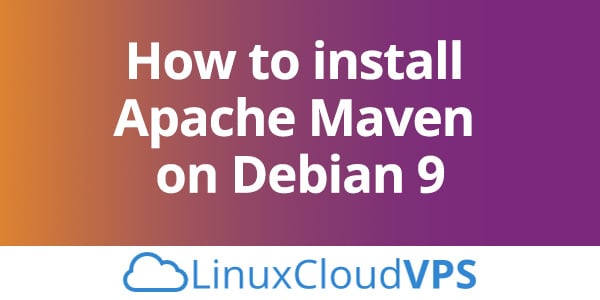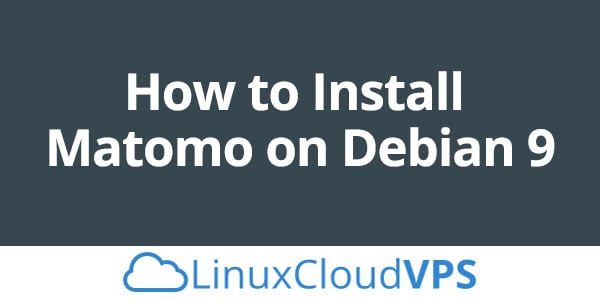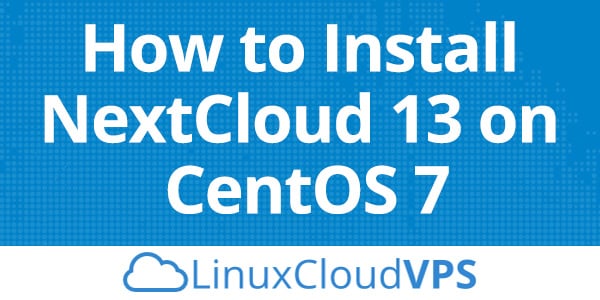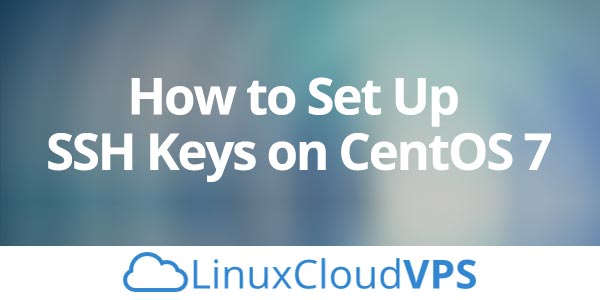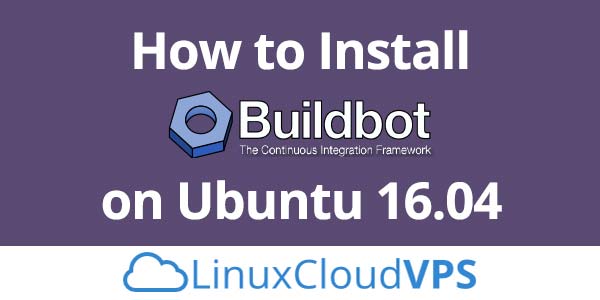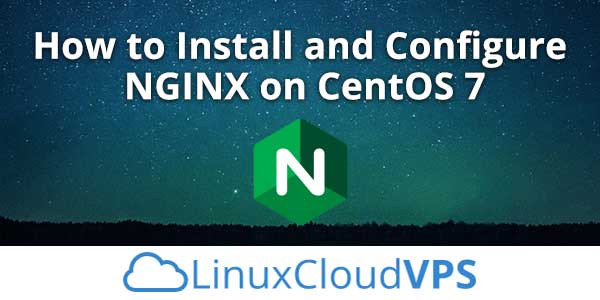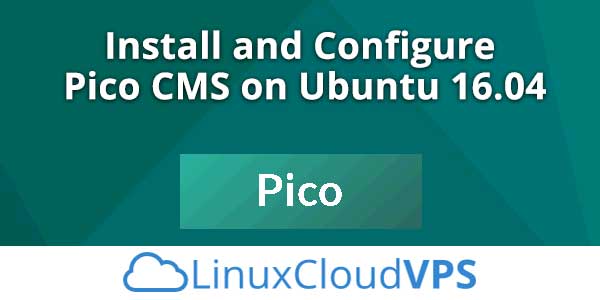Apache Maven is a java based software for project management and comprehension tool developed by Apache Foundation. Based on the concept of a project object model (POM), Maven can manage an entire project’s build. With Maven you can easily store documents, generate reports and documentation from a central piece of information. Installing Maven on Debian 9, is fairly easy task if you follow the steps bellow carefully and should not take more then 10 minutes.
Tutorials
How to install Matomo on Debian 9
Introduction
Matomo or formerly known as Piwik, is free and open source, PHP based, web analytics software platform similar to Google Analytics, used by more than 300,000 websites around the world. It provides users with detailed reports of their websites, search engines and keywords used by the visitors, their language and geographical location, pages they visit, files they download, etc.. In this tutorial we will guide you through the installation of Matomo on an Ubuntu 16.04. The installation is pretty simple and straightforward and it should take no longer than 10 minutes.
How to Install NextCloud 13 on CentOS 7
In this tutorial will show you how to install NextCloud 13 on CentOS 7 . NextCloud is free and open-source file sharing and communication self-hosted software. It is used as storage of personal files, photos, songs, contacts and many other types of files and the best part is that you have access to them at any time and you can also share them with your friends/colleges. NextCloud is highly secured collaboration software that is HIPPA and GDPR compliant. It is the best alternative of the popular application ownCloud. Let’s get started with the tutorial.
How To Set Up SSH Keys on CentOS 7
We’ll show you, how to set up SSH Keys on CentOS 7. SSH (Secure Socket Shell) is an open source, UNIX based, network protocol that provides users with a secure and encrypted way to login to remote computers, transfer files securely between the computers (SCP), command execution on remote servers, automate tasks between multiple servers on the network, and much more. SSH supports several authentication methods. In this tutorial we will configure SSH with public key authentication on CentOS 7 VPS, so instead of logging to your CentOS 7 VPS as usual using a username and password, you will be able to authenticate using a trusted SSH key which will increase the security of your server.
How to install Pelican on CentOS 7 using Python 3
As you already know, Pelican is not a content management system like WordPress, it is a Python static blog generator – there is not database, nor a web interface. We use reStructuredText or Markdown to create the posts and pages and the entire content is flat-file based and managed by the CLI. This type of storage gives you the chance to manage the posts and if necessary to migrate them. As Scriptogram appears to be Pelican-based, you can move the files and posts (including permalinks) without changing them at all. Today we will show you how to install Pelican on CentOS 7 using Python 3. Let’s get started!
How To Install Buildbot on Ubuntu 16.04
Buildbot is a continuous integration tool based on Python which automates the build, test and release software cycles. It is built using the Twisted networking engine’s powerful event-driven asynchronous communication that assists Buildbot in the fast deployment of multiple testing builds. Buildbot is very flexible and can be used in projects of any size. In this tutorial, we will show you how to install Buildbot on an Ubuntu 16.04 VPS.
How to Install and Configure NGINX on CentOS 7
In this tutorial, we will show you how to install and set up Nginx on CentOS 7. Nginx is a high-performance, open-source software for web serving. It can be used as a proxy server for email (IMAP, POP3, and SMTP), as a reverse proxy and load balancer for HTTP, TCP, and UDP servers. It can also be used as a media streaming server. It features an event-driven design, which can make better use of today’s computer hardware than Apache’s process-driven design. Nginx is often seen as the “faster” alternative to other web servers such as Apache, being able to handle a higher load of concurrent connections while using less resources. Installing and configuring NGINX on CentOS 7, is fairly easy task and it shouldn’t take more then 10 minutes to finish it.
Install and Configure Pico CMS on Ubuntu 16.04
In this tutorial, we will show you how to install Pico CMS on an Ubuntu 16.04 VPS. Pico is a lightweight open source CMS written in PHP. Pico is a flat file CMS, so there is no need to use a database and there is no administration back-end. It uses the Twig templating engine for template rendering. It is a cross-platform application and supports all popular operating systems, but this tutorial was written for Ubuntu 16.04 OS. At the time of writing this tutorial, the latest stable version is Pico 1.0.6, and it requires:
- PHP 5.3 or higher
- Apache web server 2.2 or higher with enabled mod_rewrite module
This install guide assumes that Apache is already installed and configured on your virtual server.
How to Reduce Admin Ajax Server Load in WordPress
Today we will show you, How to reduce admin Ajax server load in WordPress. WordPress Heartbeat API was introduced in WordPress 3.6. The WordPress Heartbeat API uses wp-admin/admin-ajax.php to run AJAX calls from the browser. The purpose of this API is to improve user session management, auto saving, revision tracking. It sounds amazing, but it also has disadvantages that can also cause high CPU usage and crazy amounts of PHP processes. For example, if you leave your dashboard open it will keep sending POST requests on a regular interval, hence can cause the Heartbeat API to continually spawn PHP processes which uses CPU.
How to Install ionCube on Ubuntu 16.04
Today we will show you, how to install ionCube on Ubuntu 16.04. ionCube is a PHP encoder which is being used to convert readable source code written in PHP to bytecode making it unreadable to other users. It improves the security and speed of scripts written in PHP. To be able to run ionCube encoded and secured PHP scripts, you need to have ionCube Loader installed on your Linux Cloud VPS. In this tutorial, we will show you how to install ionCube Loaders on Ubuntu 16.04.
